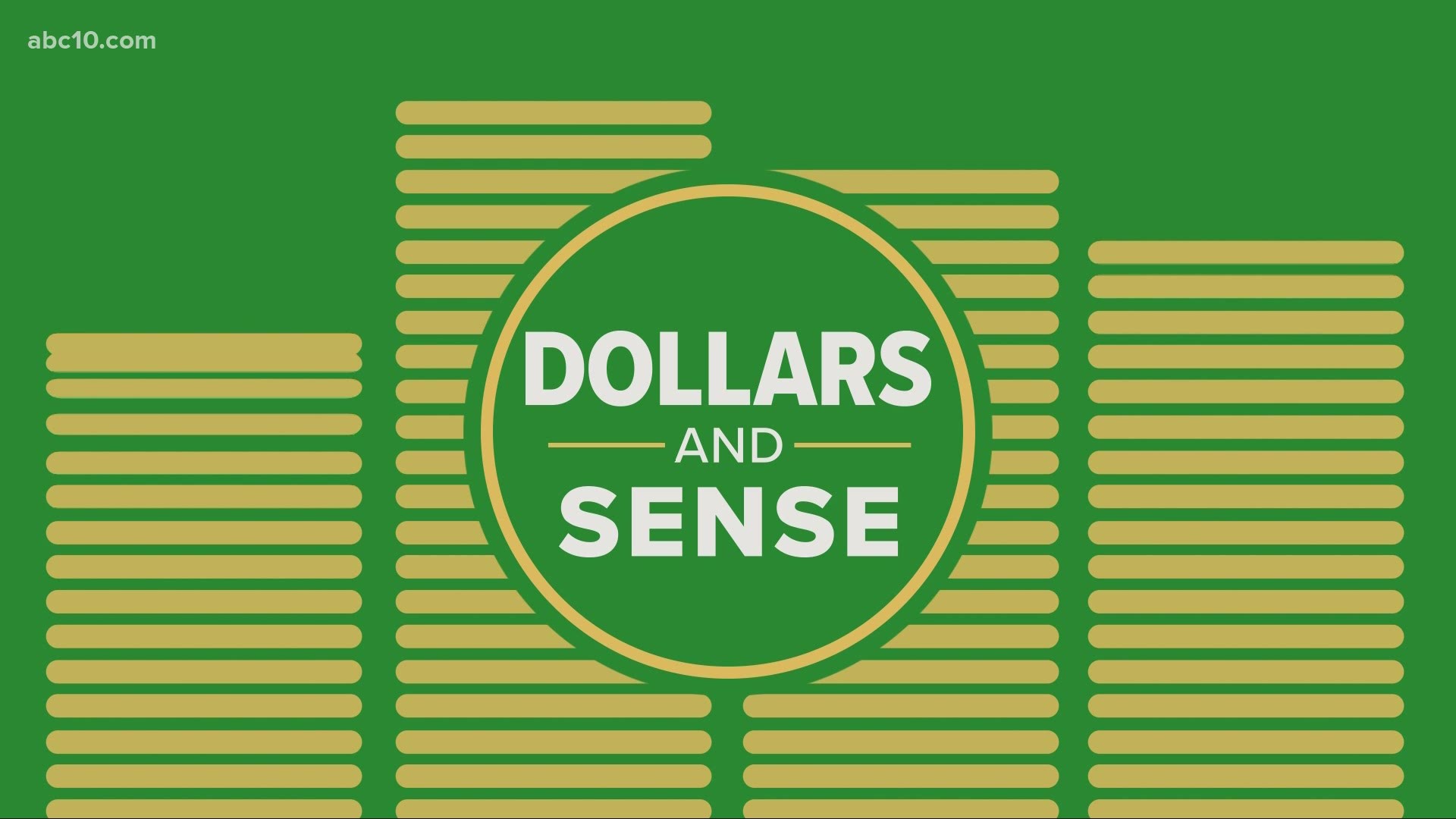SACRAMENTO, Calif — Starting July 11, Californians collecting unemployment will once again be required to confirm that they are looking for work, or risk losing their eligibility, according to the Employment Development Department (EDD).
While actively looking for work normally is expected of those on unemployment, the federal government let states temporarily drop the requirement due to the COVID-19 pandemic. California did so in March of 2020. During weekly certifications, that allowed people to check the “no” box when asked if they’d been job hunting.
Starting July 11, checking “no” puts a person’s benefits at risk.
“So if someone says that they have not searched for work, they will need to tell EDD if they had a good cause, reason for not looking for work, or potentially their benefits may not be approved for that week,” Daniela Urban, Executive Director of the Center for Workers’ Rights in Sacramento, said.
Urban says the process isn’t just about checking a box and sending out resumes.
“One of the important aspects of the return of the search for work requirement is that people need to be available for suitable work in their field of employment. So, it doesn't mean that claimants must be applying for every job that's available,” Urban said. “They are still allowed to focus on the job that they were doing when they lost their work, and that allows claimants to continue to be eligible for benefits while they search for the appropriate job, not just the first available.”
So, what do you need to know if you’re collecting unemployment?
First, figure out what type of benefit you’re collecting. Requirements for regular unemployment insurance (UI) and its extensions - Pandemic Emergency Unemployment Compensation (PEUC) and FED-ED - are different from those for Pandemic Unemployment Assistance (PUA), which is a program for the self-employed and independent contractors.
If you don’t know which type of claim you’re on, the EDD says you can find out by logging into your UI Online account and looking up your program type in the “transactions” section of your claim history. If you handle your claims by mail, your last paper statement will have the info you need.
The EDD says they’ve been sending out notices to people about specific requirements for their claims. Those collecting standard UI or extensions need to do some things differently than those collecting PUA to remain eligible. They’ve put lists of qualifying activities on their website for both groups. Here are just a few of the basics for each.
If you’re collecting UI or extensions:
- Prepare for your job search. That can include anything from creating a profile on job-search websites to watching videos about sharpening your interviewing skills.
- Networking is always a good idea when searching for a job, and it fulfills the requirements. Reach out to friends, family, and online contacts to let them know you’re looking for a new job, or go to a networking event.
- Apply for a job. Aside from applying online or in-person, that can include taking Civil Service exams or signing up with an employment agency.
- Participate in state-approved training. Here’s a list of eligible providers.
- You also can take English as a Second Language or computer literacy courses to build your skill set.
If you’re collecting PUA:
- Rebuild your business by trying to get new clients, doing marketing, or preparing a bid for new work.
- Sometimes it’s not what you know but who you know. Get out there and network or go to workshops that will help you grow your business.
- Get training by signing up for courses that will help you grow your business without interfering with you returning to full-time self-employment.
“For PUA, you're just looking at how you can grow the business and have it be reopened until it’s fully functioning, as opposed to be applying for jobs and looking for actual employment,” Urban said. “You are allowed to still be trying to rebuild the business that you had pre pandemic.”
That said, those collecting PUA also can decide to seek fulltime employment and start searching for work like someone who is collecting UI.
Finally, keep records of your job search efforts. You may need them.
“It is possible that EDD inquires as to the types of searches or search for work requirements that the claimant is participating in, especially if there is a question as to whether they are available for work,” Urban said. “Claimants should keep a record of what they've done in the particular week, whether that's maintaining their internet search history, or keeping a list of outreach that they've done to colleagues, or people in their networking community. Any of those documentations will help them, and you can provide that information to add with your certifications, but it's not required.”
Watch more from ABC10
Disability advocates explain why they feel the disabled community has been left out of new stimulus

